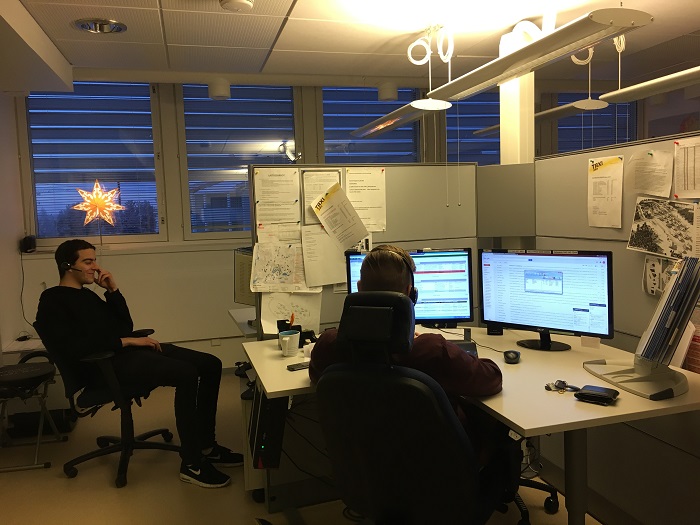50% workplaces lack of mental health support
Published : 21 Nov 2017, 01:13
Updated : 21 Nov 2017, 09:35
Only about half of the workplaces have carried out practical measures to support mental capacity for work, according to the mental health barometer published on Monday by the Finnish Central Association for Mental Health and the Ministry of Social Affairs and Health.
Usually the support means having breaks in work and working remotely or working less hours than normally.
Methods used more seldom included equipment that made the work easier or reorganising the work.
However, general measures to support capacity for work have been carried out in nine workplaces out of ten.
The occurrence of mental strain has been surveyed and strain factors have been reduced or eliminated in about two workplaces out of three.
The barometer said that work communities need to be coached to encounter fellow workers who have been absent from work due to mental health problems.
In addition, the work tasks need to be adjusted to meet the situation of the mental health rehabilitee.
The respondents to the barometer included employers, employees, mental health rehabilitees and mental healthcare professionals as well as representatives of the whole population aged 15-74 years.
Social support is important to mental health rehabilitees and helps them to cope at work. According to the rehabilitees, the best support comes from the family, friends, other close people, fellow workers, rehabilitation (medicines, therapy) and peers.
Mental healthcare professionals emphasise such sources of support as rehabilitation, support from a superior, adjustment of work and support from family and other close people.
Most respondents said that the main responsibility for measures supporting mental health in the workplace rests with the superior and the occupational healthcare provider.
It is also important that the person concerned participates in the planning of measures needed. Both rehabilitees and employers wish that a large group of experts would be involved: work coaches or coordinators, rehabilitation organisers, providers of mental healthcare services.
Employers also hope that human resources administration as well as occupational safety and health personnel would participate. Rehabilitees consider it important that even other employees would be involved.
About half of the workplaces have not carried out any measures supporting mental capacity for work.
According to the employers, the reason to this is that there is no need for support measures because there are no mental health rehabilitees in the work community. Mental healthcare professionals, however, assess that adaptation of work is not seen as useful in workplaces or there is not enough guidance showing how to do it.
On the other hand, respondents also told that mental health problems are not always mentioned at workplaces and therefore employers may not be aware of them.
This proves that workplaces need to be encouraged to bring the subject into discussion and better skills are needed to support employees who have mental health problems.
According to the mental health barometer, the negative label often connected with mental health problems is still strong. Almost a fifth of the population are afraid of mental health rehabilitees: 19 per cent would not want to have rehabilitees as neighbours, and 18 per cent consider it is unpleasant and frightening to encounter them.


